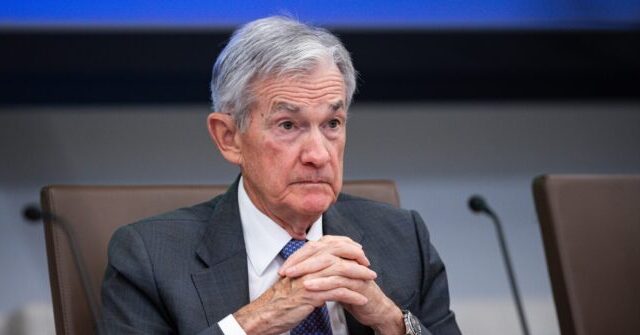Dutta Dismantles the Fed's Rate-Hold Case

Renaissance Macro economist Neil Dutta says the Federal Reserve is on the verge of making a serious policy mistake as various officials drift toward keeping rates steady instead of cutting next month.
Dutta argues in a client note published Monday that officials have misread the labor market, overstated inflation risks, and are now preparing to abandon proactive policy as conditions deteriorate.
The inflation picture, Dutta writes, looks far less threatening than the hawks contend. Throughout 2025, the narrative around tariff pass-through has shifted repeatedly. First came predictions that firms would raise prices preemptively. Then the theory was that companies would draw down inventories first. Now officials are waiting for price increases to arrive next year. Yet inflation has consistently disappointed these predictions.
“What’s clear is that since tariffs have been put on, inflation has generally come in weaker than expected,” Dutta writes. “This would imply less pass-through than expected.”
Core PCE has moderated over six months. Used car prices, which lead consumer inflation by roughly three months, have plummeted. Rental inflation is weakening. Restaurants are holding prices to preserve market share. The disinflationary pressures are mounting, not receding.
On the labor market, Dutta delivers an equally withering assessment. The problem isn’t tight labor supply from immigration enforcement, he argues. It’s flagging demand. Job vacancies are declining. Underemployment is rising. The payroll diffusion index—a gauge of whether job gains are concentrated in a few sectors or spread broadly across the economy—has stayed below 50 percent since April, meaning weakness is spreading across industries. Real wages are falling fastest for workers most likely to compete with undocumented immigrants, the opposite of what tight labor supply would produce.
Fed Chair Jerome Powell has leaned heavily on low jobless claims as evidence of stability. Dutta says Powell is reading the data incorrectly.
“Initial claims are less a leading indicator and more an indicator that just happens to come out every week,” he writes.
Claims tend rise after hiring has already declined sharply, not before. Waiting for claims to rise when other indicators point to labor market softness risks putting the Fed behind the curve.
“When companies like Verizon, Amazon, and Target are all announcing layoffs around the same time, one would expect at least some follow-through into measures like initial claims,” Dutta writes.
The gravest risk, Dutta warns, isn’t what the Fed does in December. It’s what skipping December signals.
“If the Fed does nothing next month, they won’t do anything in January. You don’t skip one month if you think you are going the next,” he writes. Skipping signals that the central bank has abandoned proactive policy and will wait for obvious damage before acting.